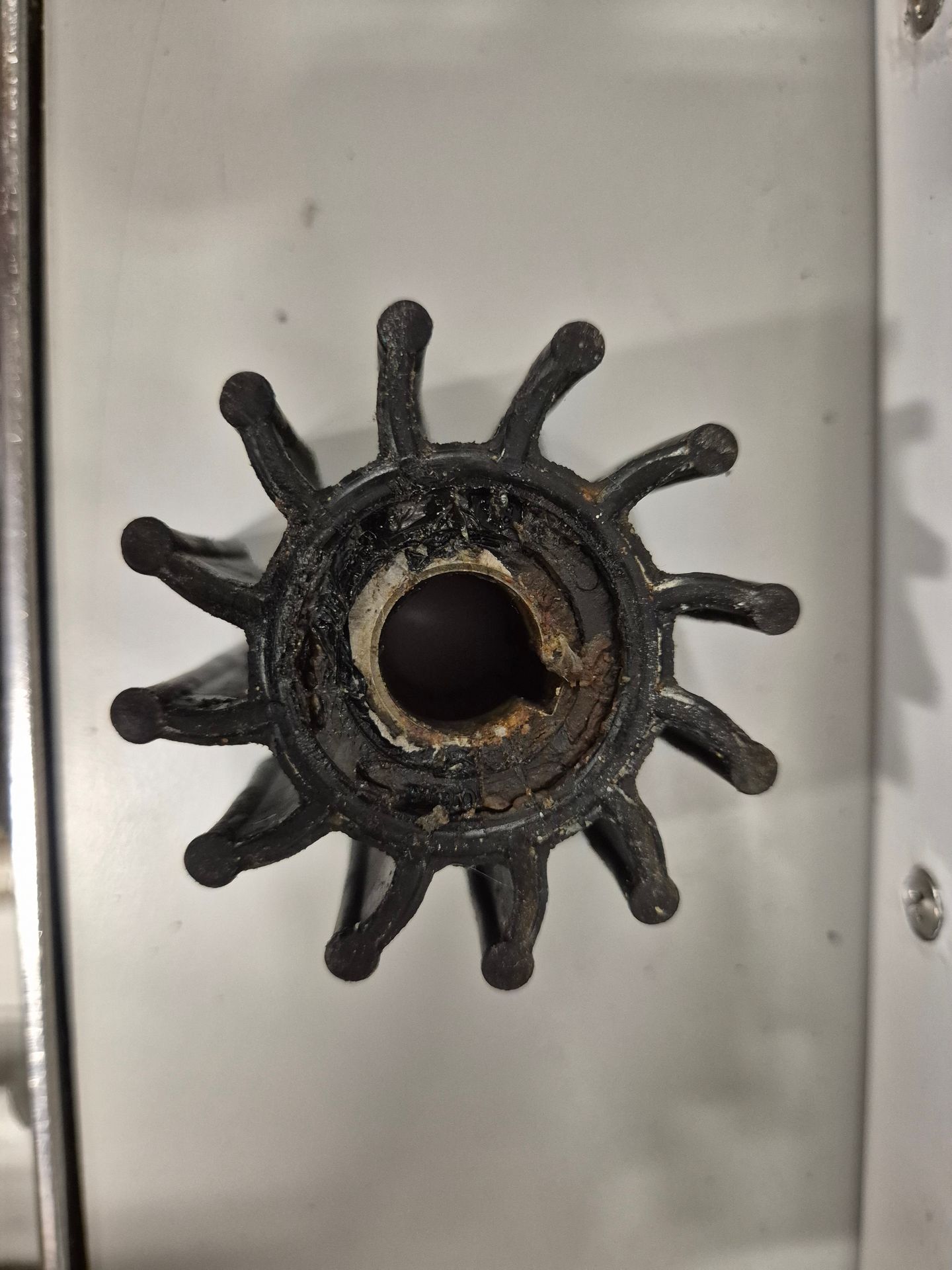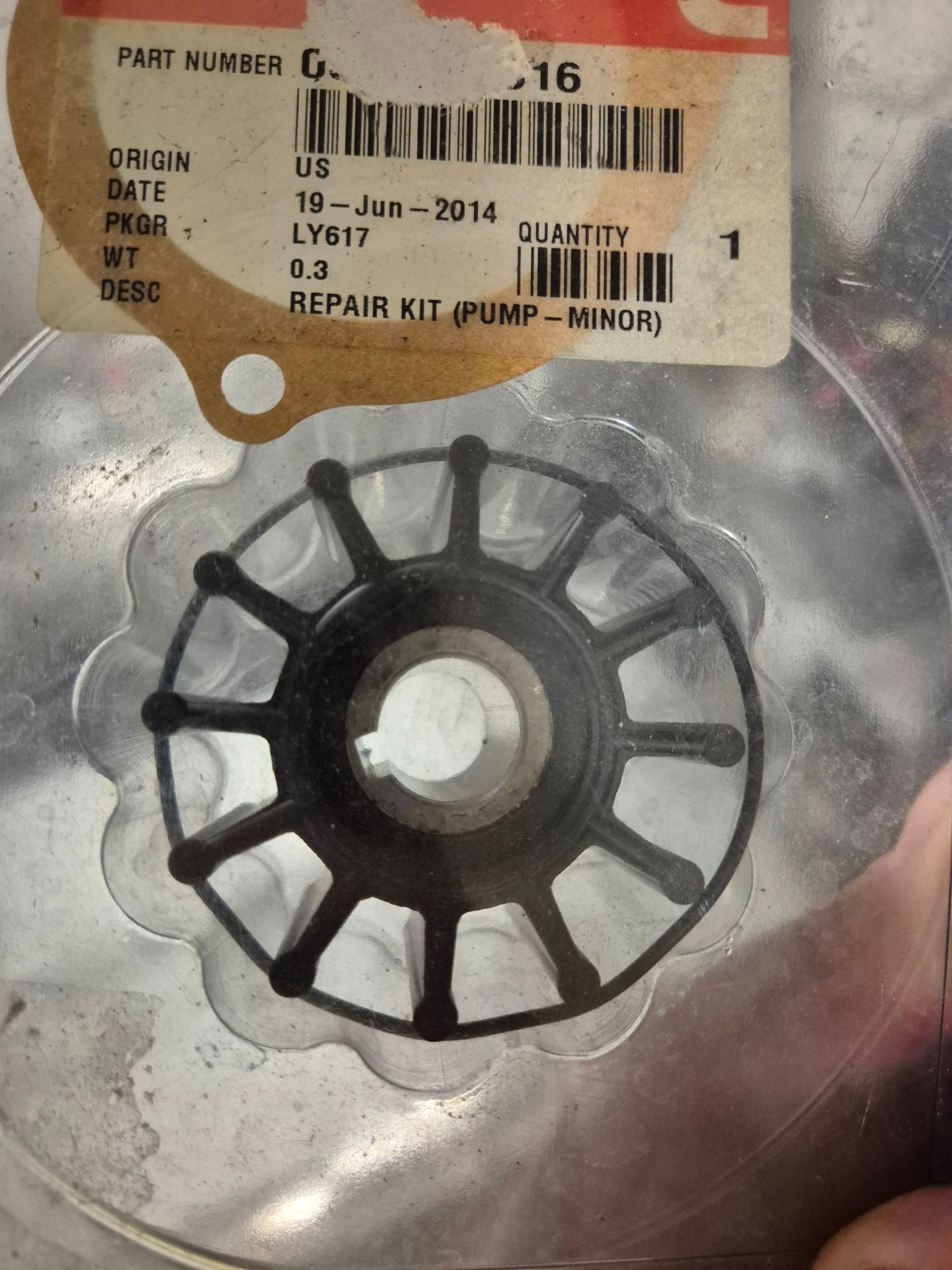Why Checking Your Impeller Can Save Your Yacht or Motorboat
The impeller may be small, but it plays a big role in keeping your boat running smoothly. Whether you’re cruising on a yacht or zipping around in a motorboat, regular impeller maintenance is key to engine health.
What is an Impeller?

It’s a rubber part inside the water pump.
It spins to pull seawater into the engine cooling system.
Without it, your engine would quickly overheat.
Why It Matters
1. Prevents Engine Overheating
A damaged impeller can't bring in enough cooling water. This causes heat buildup and can lead to serious engine damage.
2. Avoids Sudden Breakdowns
Impellers can fail without warning. If the blades crack or break off, your boat could lose cooling in minutes.
3. Extends Engine Life
A well-maintained impeller keeps your cooling system working properly. That means less strain on your engine and fewer repairs.
4. Saves You Money
Replacing an impeller is cheap and quick. Rebuilding an overheated engine is not.

Don’t Forget the Generator
Generators on yachts also rely on seawater cooling and have their own impellers.
If the generator’s impeller fails, the generator can overheat.
No generator means no electricity – no lights, AC, navigation, or appliances.
Always inspect and service the generator impeller just like the main engine.
When to Check or Replace It
Every 100 engine hours or once a year, whichever comes first
After long periods without use
If you notice overheating or weak water flow at the exhaust
Tips for Monitoring Your Impeller
Check the water flow at the exhaust – a weak stream can signal a failing impeller.
Listen for temperature alarms or warning lights.
Always carry a spare impeller on board.
Final Thoughts
Don’t let a small part cause a big problem. Regularly check and replace your impellers — on both engines and generators. It’s simple, affordable, and protects your boat’s most valuable systems.